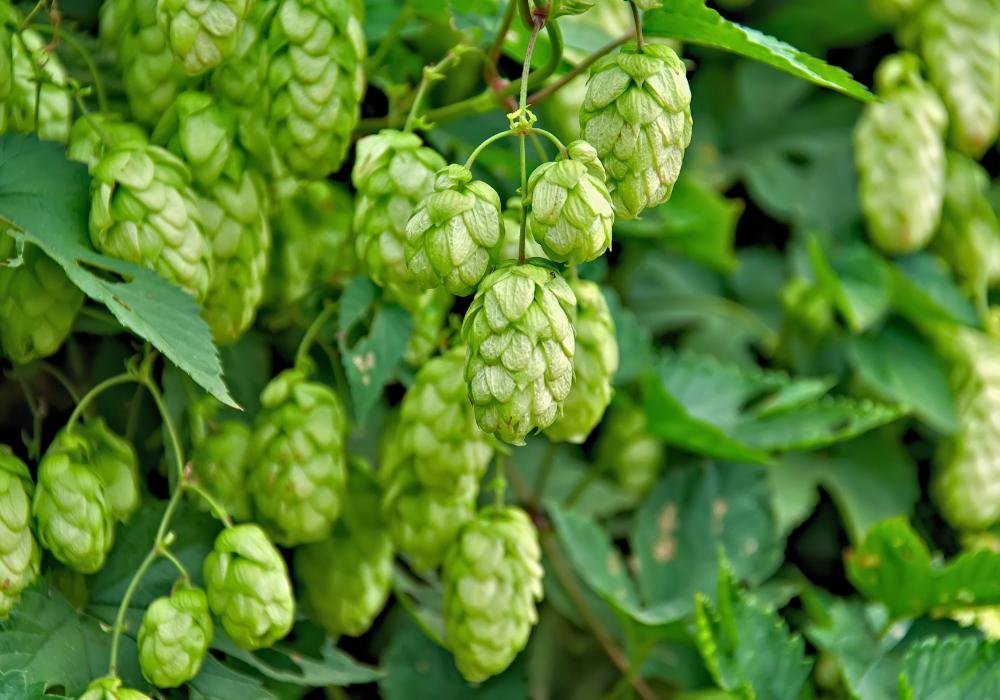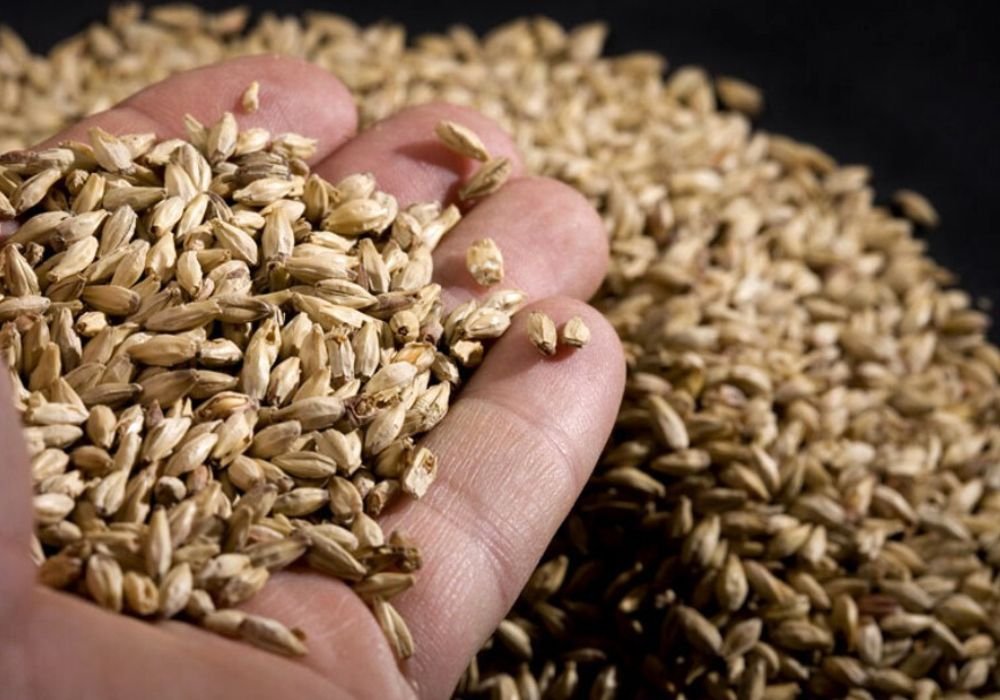“Understanding Hop Contracting: A Guide to Securing Hops for Your Brewery”

Hops are a key ingredient in beer, providing aroma, bitterness, and flavour. Contracting hops for breweries typically refers to the process of breweries entering into agreements with hop growers or suppliers to secure a steady supply of hops for their beer production. Contracting hops involves establishing agreements with hop suppliers to secure a consistent supply of hops for your brewing operations.
The constant need to innovate and differentiate demands that brewers create novel and distinctive beers that will stand out in the marketplace due to the proliferation of new breweries and shifting consumer tastes. In parallel, breeding programmes that regularly release intriguing new public and proprietary varieties have been inspired by the need for hops and the appeal of new fruit-forward varieties.
Brewers are eager to use these new types to both improve their craft and help satiate their customers’ need for new brews, which is not unexpected. However, the ongoing development of new types makes it challenging for brewers to predict their future requirements and sign a contract.
Here are the steps to contract hops for your brewery:
Determine your hop requirements
Assess your brewing needs by evaluating the types and quantities of hops you’ll need for your beer recipes. Consider factors such as hop varieties, alpha acid levels, and aroma profiles based on the styles of beer you plan to brew.
Research hop suppliers
Look for reputable hop suppliers that can meet your specific requirements. Consider factors such as hop quality, variety selection, pricing, shipping options, and customer service. You can find hop suppliers through online directories, industry associations, trade shows, or by networking with other brewers.
Contact potential suppliers
Reach out to the hop suppliers you’re interested in working with. Introduce yourself as a brewery owner and express your interest in contracting hops from them. Inquire about their hop varieties, availability, pricing, and contract terms. DVSP Impex Pvt Ltd, Om BrewTech, BrewNation, Arishtam and Balaji Enzymes are some of the top potential distributors and suppliers of hops in the Indian market.
Request samples
To ensure the quality and characteristics of the hops meet your expectations, ask for hop samples from the suppliers you’re considering. Evaluate these samples by conducting sensory analysis, including aroma and bitterness assessments.
Negotiate contract terms
Once you’ve selected a supplier, negotiate the contract terms. This includes determining the quantity of hops you need, the duration of the contract, pricing, delivery schedules, and any additional terms or conditions. It’s important to carefully review all terms before finalizing the contract.
Sign the contract
Once both parties agree on the terms, sign the contract to formalize the agreement. Ensure that the contract specifies the hop varieties, quantity, pricing, quality standards, and any other essential details. It’s advisable to consult with a lawyer experienced in contract law to ensure the agreement is legally sound.
Maintain communication
Maintain regular communication with your hop supplier to keep them updated on your brewing needs, any changes in demand, or any quality issues that may arise. This helps build a strong working relationship and ensures a smooth and reliable supply of hops.
Plan ahead
Hops are an agricultural product, subject to seasonal variations and availability. It’s crucial to plan ahead and estimate your hop needs in advance, ideally for a year or more, to secure your desired hop varieties and quantities.
Remember, contracting hops requires careful consideration of your brewery’s needs and establishing strong relationships with suppliers. By contracting hops, breweries can secure a consistent supply and potentially have access to specific hop varieties or experimental hops. It helps them plan their production, maintain flavour consistency in their beers, and potentially mitigate the impact of hop market fluctuations.



